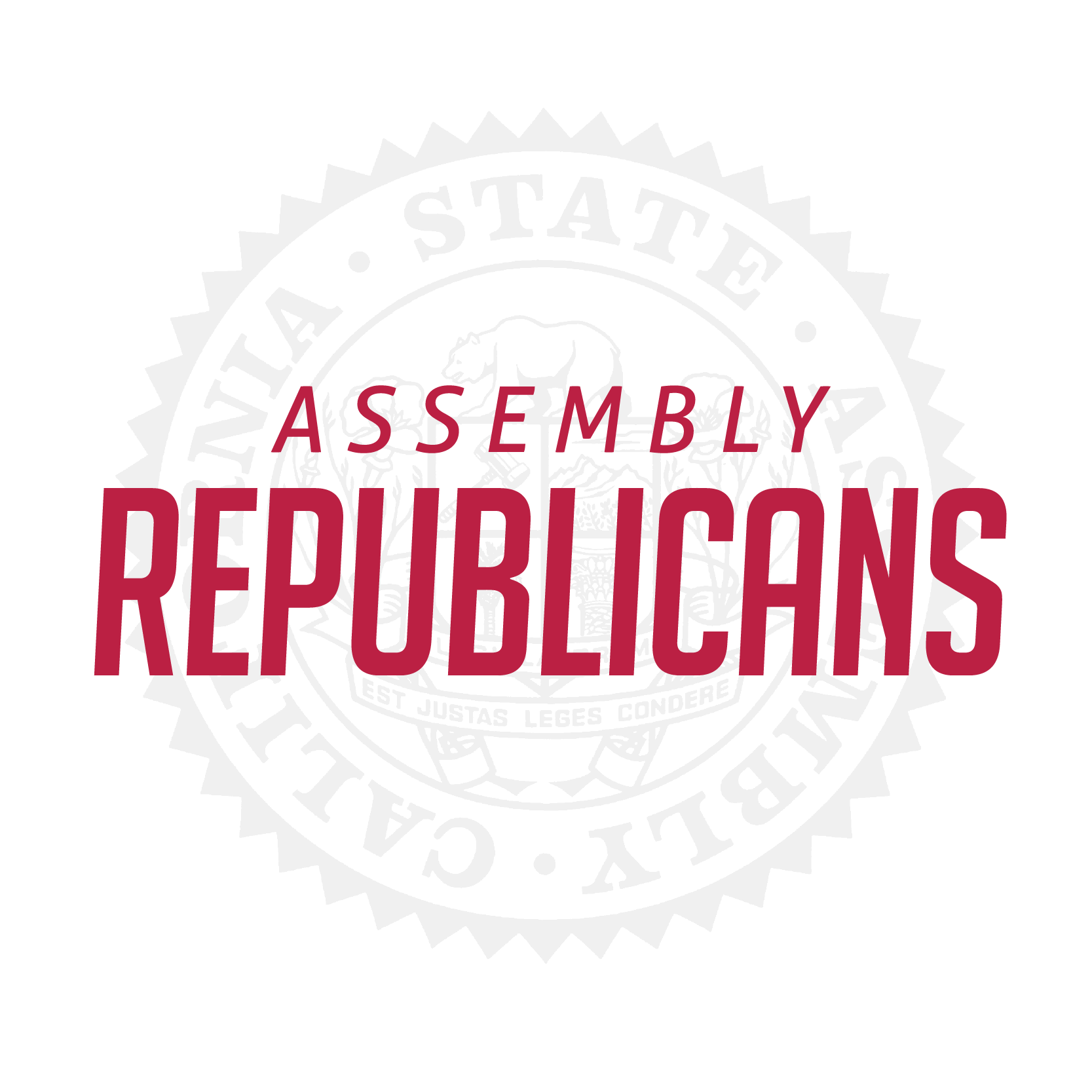California Assembly Republican Caucus


An Affordable California
Making California more affordable for families to live in, and for small businesses to succeed is a top priority.
We will deliver a state where working families can afford their home, gas, utility bills and groceries. We will protect Prop 13 and reverse excessive fees, taxes, and regulations.
Legislation
AB 12 (Wallis, Gallagher, Patterson).
Void Recent Amendments to the Low Carbon Fuel Standard (LCFS): This bill would void amendments made to the Low Carbon Fuel Standard that will raise the per-gallon price of gasoline by $0.47 to $0.65 (near term) to $1.50 (by 2035). By voiding the amendments, California regulators and lawmakers would have more time to carefully consider the real consumer impact of higher gasoline prices.
AB 99 (Ta): Limit Utility Rate Increases.
Restricts an electrical investor owned utility's (IOU's) ability to raise rates above the rate of inflation, except for costs for safety, modernization, and fuel.
AB 286 (Gallagher): 30% Utility Reduction.
Requires the PUC to reduce the kilowatt-per-hour rate for electricity charged to ratepayers by not less than 30%. (AB 2205, 2024)
AB 490 (Tangipa): Car Loan Interest Deduction.
Provide a tax deduction for the interest on auto loans. While vehicles used for business may qualify for a deduction, cars for personal use do not get this benefit. Car loans are a significant cost for many families with average monthly new car payment now reaching $734 with $522 for a used car. Interest rates are between 6.84% and 12.01% with average loan term of 68 months. Because car buyers can choose to stretch the length of the loan to lower their monthly payment, the interest on the loan becomes a bigger expense to the buyer. Allowing buyers to deduct the interest payments will provide assistance to average middle-class families.
AB 547 (Tangipa): In Vitro Fertilization (IVF) Tax Exemption.
Provide a tax credit to help reimburse families who are paying out-of-pocket costs for IVF. The average cost of an IVF cycle is $12,400. Families often take out loans to pay for these treatments. These costs are a burden on would-be parents. Allowing a tax credit for the costs that are not covered by insurance would be crucial for these families who stretching their budgets for the possibility of conceiving a child.
AB 658 (Gonzalez): Fighting to Stop Unaffordable Vehicle Tax Hikes.
The average Californian currently pays $329 to register a vehicle for 1 year, which is nearly twice what it cost 10 years ago. Despite these increases, it is not enough to keep up with budget growth at the Department of Motor Vehicles (DMV). Registration fees will fall short by $300 million next year, which means the Governor will demand that the Legislature increase registration costs by another $10-$15 per vehicle. This bill forces DMV to perform an affordability impact analysis that shows the burden this increase would impose on struggling families and identifies alternatives that do not increase the cost of transportation.
AB 780 (Castillo): 120 Day ADA Violation Grace Period.
Under current law, businesses accused of violations of the Americans with Disabilities Act (ADA) are subject to treble damages of at least $4,000, as well as the plaintiff’s attorney’s fees. The cost of litigating a case can easily run into hundreds of thousands of dollars in legal fees, leading businesses to settle out of court for far more than what it would cost to repair the violation. This proposal would provide that plaintiffs who seek to file ADA lawsuits for construction-related accessibility claims against small businesses with 50 or fewer employees, must first serve the business with a letter specifying each alleged violation, and must provide the defendant with 120 days to correct the defects before filing suit. A defendant shall not be liable for statutory damages, plaintiff’s attorney’s fees, or costs for an alleged violation of a construction-related accessibility standard that is corrected within 120 days of service of a letter alleging the violation.
AB 838 (Ta): Increase the Renter’s Tax Credit.
This is a repeat of AB 59 (Gallagher) of 2023. This would raise the credit amount from $60 to $1,000 for single filers and from $120 to $2,000 for joint filers. Provides needed assistance to low- and middle-income renters with the first increase in this credit in 40 years.
AB 856 (Chen): Manufacturing Tax Credit.
Equipment tax is hobbling manufacturers. According to CalTax Commentary, California attracts no more than 1% of new manufacturing investments in the United States because of our sales and use tax. This would eliminate the state portion of sales tax on manufacturing equipment.
AB 1058 (Gonzalez): Suspend Gas Tax.
Reintroduction of ABX2-2 (Lackey, 2024), ABX1-2 (V. Fong, 2023), and AB 53 (V. Fong, 2023) with backfill of transportation projects paid for by the General Fund.
AB 1219 (Wallis): Middle-Class Tax Cut.
Beginning on January 1, 2025 will cut personal income tax by 1% across the board. California’s tax burden is among the highest in the nation. The Legislative Analyst’s Office has reported that net migration out of California has nearly doubled since 2019, with 300,000 residents leaving in 2022 alone. Families and small business owners are struggling with rising costs, and this bill offers much-needed relief. This will provide much needed relief to all.
AB 1268 (Macedo): Gas Tax Relief.
This bill authorizes the Governor to suspend the automatic tax increase to the gas excise tax, which is scheduled on July 1, 2025. California drivers currently pay 60 cents per gallon in excise taxes, and pay $1.27 total in taxes and fees for a single gallon of gas, totaling upwards of $300 annually.
AB 1282 (Gonzalez): Out-of-Pocket Medical Cost Tax Deduction.
Medical debt is a significant driver of bankruptcy and poverty. Over a third (38%) of Californians report having medical debt; this percentage greatly increases among minority populations. According to the California Health Care Foundation, in 2020 the average annual health care spending per capita in California was $10,299. Although attempts have been made to mitigate or reduce the costs of health care within the state, only minimal net reductions in costs have transpired, and even fewer have benefited. This proposal would authorize each tax filer to deduct incurred out-of-pocket medical costs, up to $5,000, each taxable year. As deductions have progressive benefits, lower-income earners will reap more direct savings than higher-earning Californians.
AB 1354 (Wallis): Personal Income Tax Credit.
Insurance: Allows a tax credit for property insurance premiums paid from between January 1, 2025 and January 1, 2030.
AB 1443 (Castillo): No State Income Tax on Tips.
Eliminate the state income tax on tips received.
